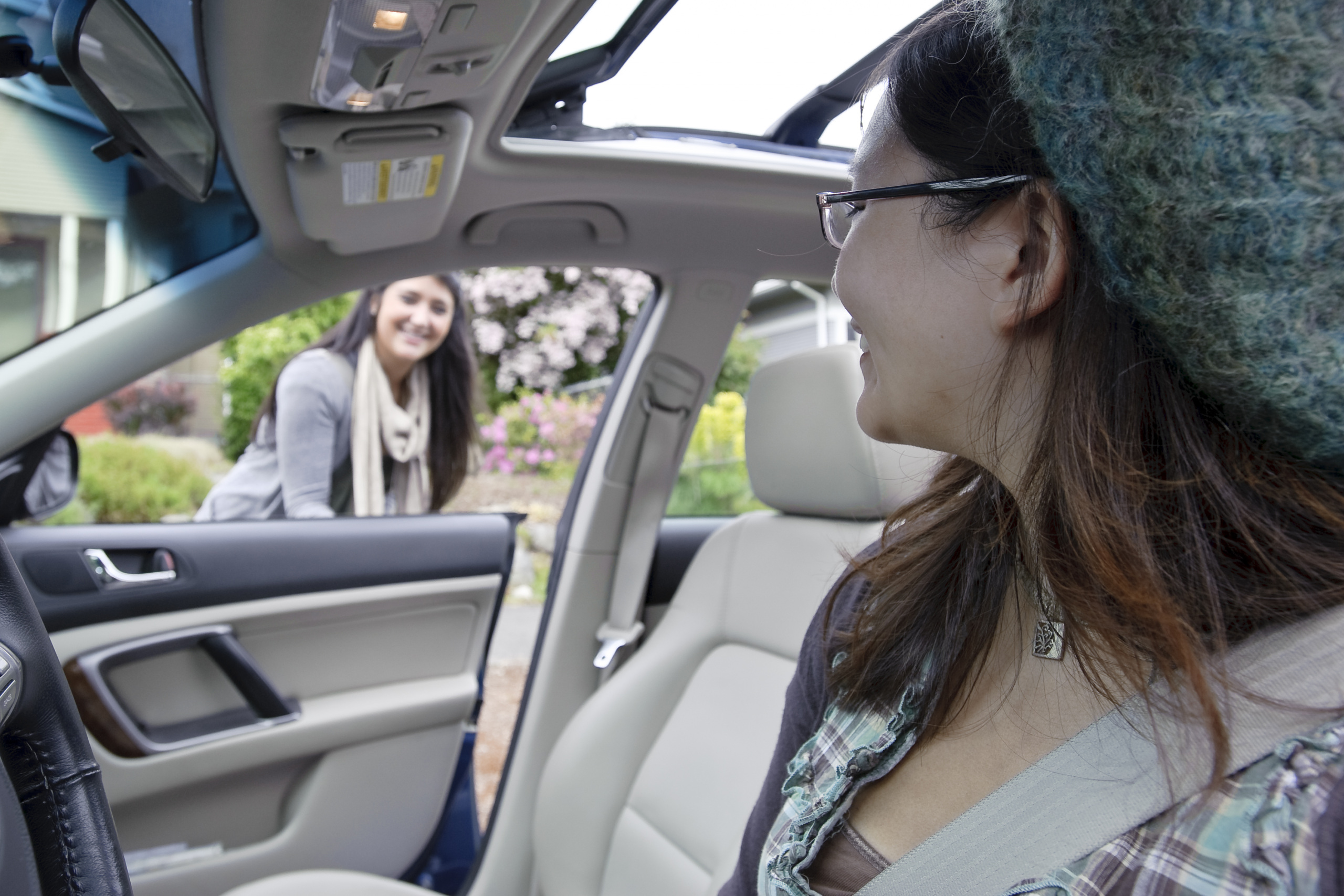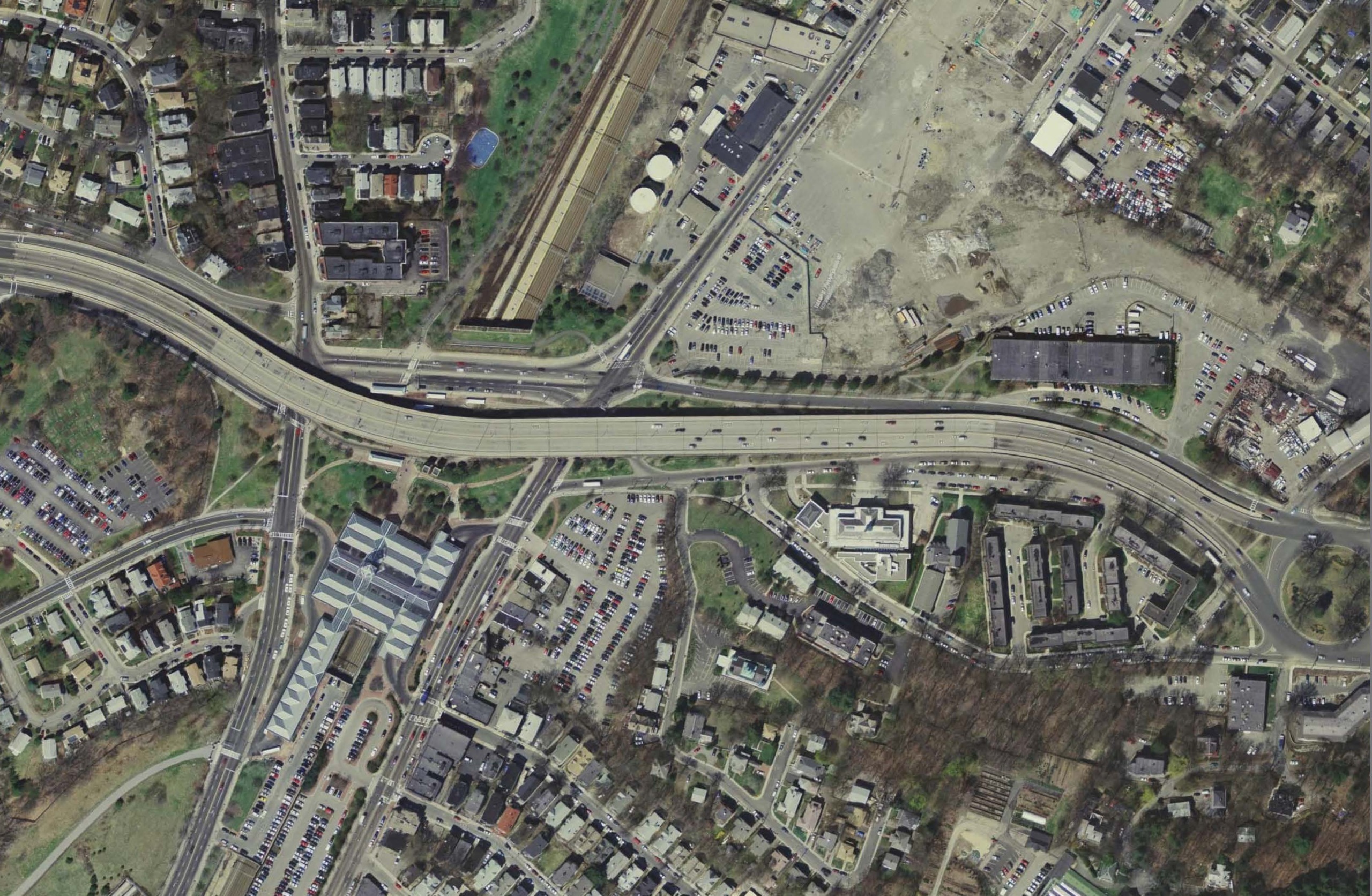
Millennials and Driving: Beyond the Strawman
Why would we assume that transportation would be the one sphere of modern life in which my children are just like my parents?

I’m usually not a big fan of “verbing” nouns, but yesterday I made an exception.
Talking with a colleague about this post on Millennials and driving that made the rounds on social media, I blurted out that the debate over generational change had been “strawmanned.”
In an argument, a strawman is an exaggerated version of an opponent’s claim that is easier to disprove than the actual, often more nuanced, point an opponent is trying to make. It’s to argue against a caricature of a claim, not the reality of it.
And who is more easily and frequently caricatured than the Millennials?
The Haas Institute post mentioned above states that, when it comes to driving, “new evidence shows millennials are not so different after all.” In fact, if you dig into the studies cited in the post, you find a far richer, more interesting, and frankly more consequential picture of Millennials’ transportation habits than initially meets the eye.
Before we get to that, though, let’s backtrack to how the whole Millennials and driving discussion got started. We were among the first to note the fact that young Americans started driving a lot less on average during the 2000s. From the very beginning, we acknowledged what was obvious then and was the clear implication of decades of research: that the Great Recession was a major, if not a predominant, contributor to the decline in driving.
“The recession has played a role in reducing the miles driven in America, especially by young people,” we wrote. “People who are unemployed or underemployed have difficulty affording cars, commute to work less frequently if at all, and have less disposable income to spend on traveling for vacation and other entertainment.”
Our argument, however, was that it was not only cyclical economic factors at play. Numerous lines of evidence suggested that other things were going on, some related to shifting preferences (including increased desire to live in urban areas), and some related to external circumstances (higher gasoline prices, more restrictive driver’s licensing laws). In our follow-up 2014 report, we explored other factors, including long-term shifts in life stages such as marriage, entry to the workforce and fertility. We also argued that understanding those changes was important if we wanted to make smart transportation policy decisions that met people’s evolving needs.
The two recent studies cited in the Haas Institute post validate that more nuanced version of the Millennials thesis.
The first study, “Are Millennials Different?” explored Millennials’ spending on vehicles, finding “no evidence that millennials have preferences for vehicle purchases that are lower than those of earlier generation” … when corrected for economic and, critically, demographic factors. Those “demographic factors” include factors such as family size and marital status, which are themselves undergoing generational shifts. Fertility rates continue to decline and young people continue to delay marriage as they have been increasingly doing for decades, through both economic good times and bad. Could economic factors – such as rising student loan debt – have a role to play in those changes? Possibly. But if the goal is to understand the transportation needs of future generations of young people, and the needs of Millennials as they age, separating the “preference” for vehicle ownership from other lifestyle preferences that might affect vehicle ownership is to create a distinction without a real difference.
The second study, “Explaining the Evolution of Passenger Vehicle Miles Traveled in the United States,” found that “changes in the demographics and economic characteristics of households … explain most of the recent dynamics” in VMT nationwide. Do the authors argue that the decline in driving among Millennials was wholly a result of “the economy”? Well, no. In fact, they suggest the opposite.
The study finds that “after controlling for income and other demographics, younger households in 2009 drove about 11.5 percent less than did younger households in 1995.” That’s a significant decline. And indeed, the authors write that “[t]his pattern is consistent with claims that millennials drive less than did earlier cohorts.” (emphasis mine)
The particularly frustrating thing about these continued debates is that we should have the data to settle them conclusively – but we don’t. Several other countries have continuous travel surveys that allow for nuanced and rich analysis of travel trends. In the U.S., we do a national travel survey only once every six to eight years. And the VMT data from the most recent survey, in 2017, are incompatible with that of previous surveys, making a time series comparison difficult to impossible. And so, we continue to argue about data collected a decade ago when the iPhone was new, Uber and Lyft had not yet been invented, and the oldest Millennials weren’t pushing 40.
No, not every Millennial was ever going to disown their car. Yes, Millennials were always likely to drive more as they aged and had kids. Yes, an improving economy (goosed along by cheap and easy credit for automobiles) would result in those who wanted to drive but couldn’t afford it getting back on the road.
But the central argument was never that Millennials would abandon cars and driving completely, but rather that they might drive less, on average, than previous generations – an important departure from the 20th century trend of increased driving across generations. The size and significance of that decline were never clear and remain in doubt. The surge in driving from 2014 to 2017 (which now appears to be abating) should cause us to have a fresh look at that argument. But the question is far from settled. And if we want to build a transportation system that meets the needs of people, understanding how the needs and preferences of people of different ages and various generations are evolving is much too important to reduce to a strawman.
As a Gen Xer, it’s obvious to me that Millennials are quite different from me both as I am today, and as I was as a young person, in all sorts of ways that extend way beyond economics. Why would we assume that transportation would be the one sphere of modern life in which my children are just like my parents? Economic factors and transportation policy will always be dominant factors in shaping how we get around – it’s hard to argue against concrete and cold, hard cash. But the “strawmanning” of the Millennials-and-driving argument threatens to cause us to miss some shifts that are very important and that might, if we listen carefully, provide us with clues about how to make transportation policy decisions that better serve everyone.
Photo: Washington State Department of Transportation via Flickr
Topics
Authors
Tony Dutzik
Associate Director and Senior Policy Analyst, Frontier Group
Tony Dutzik is associate director and senior policy analyst with Frontier Group. His research and ideas on climate, energy and transportation policy have helped shape public policy debates across the U.S., and have earned coverage in media outlets from the New York Times to National Public Radio. A former journalist, Tony lives and works in Boston.
Find Out More

Wider highways don’t solve congestion. So why are we still knocking down homes to build them?

Four ways to look at a project (or policy, or almost anything)

America needs a “roads review”

